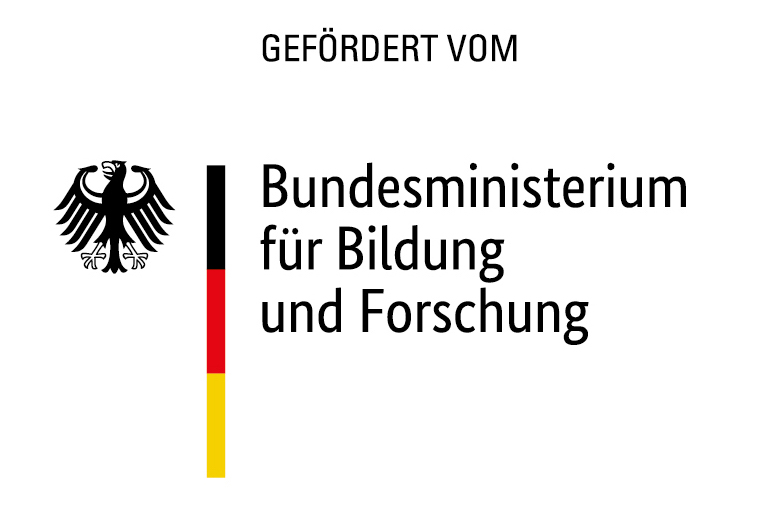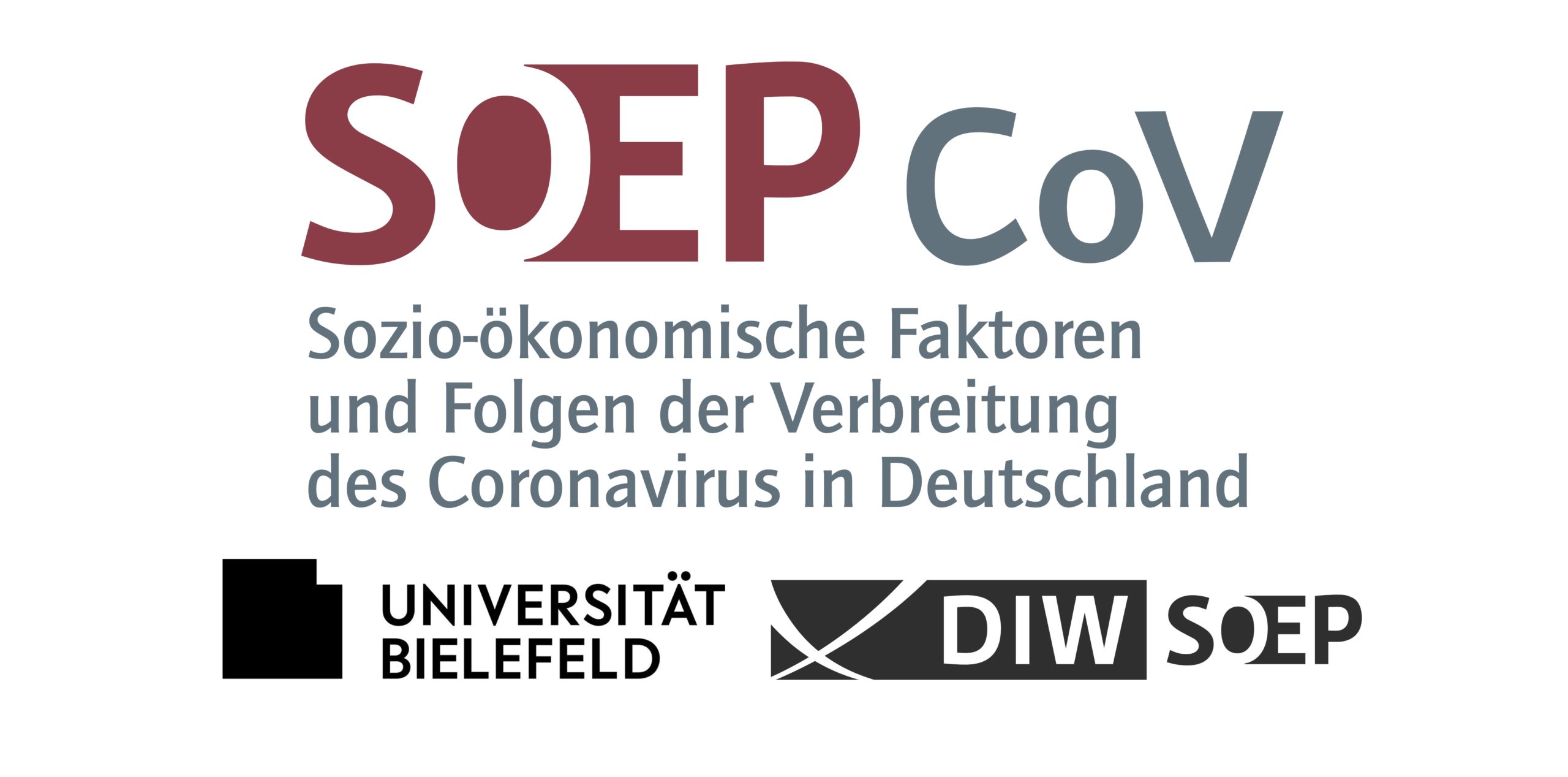Study
The SOEP-CoV project studies the factors that influence the short, medium, and long-term socio-economic consequences of the coronavirus in Germany. The project is being led by researchers at Bielefeld University and in the Socio-Economic Panel (SOEP) at the German Institute for Economic Research (DIW Berlin).
SOEP-CoV focuses on the following topics:
a) Prevalence, health behavior, and health inequalities
b) Labor market and employment
c) Social life, networks, and mobility
d) Mental health and well-being
e) Social cohesion
For SOEP-CoV, data were collected at two points in time during the COVID pandemic: from the beginning of April to July 2020, and from January to February 2021. In the first phase of the survey, 6,694 individuals were interviewed. Of these, 6,038 agreed to take part in the second survey. The SOEP-CoV survey is based on the Socio-Economic Panel (SOEP). The SOEP is the longest repeat survey of randomly selected households in Germany, and thousands of households and individuals have been taking part in the study every year since 1984. For SOEP-CoV, this results in two important features:
The same persons participate in the SOEP survey every year, so comprehensive information is already available about them from previous years. This means that researchers can already use SOEP-CoV to make statements about how our society changed during the Corona crisis.
In addition, we will be able to see how the current crisis will shape life in Germany in the coming years and decades. You can find out more about the scientific methodology of the study here.
Funding for SOEP-CoV, a joint project of Bielefeld University and SOEP at DIW Berlin, is provided by the German Federal Ministry of Education and Research (BMBF) as part of a call for research into the coronavirus since the outbreak of Sars-CoV-2.
The project team is working closely with colleagues from the Robert Koch Institute (RKI), Charité Berlin, the Max Planck Institute for Human Development (MPIB), the Institute for Interdisciplinary Research on Conflict and Violence (IKG), and the Social Science Research Center Berlin (WZB).
Researchers working on the project are analyzing the data as soon as they become available. The results are published here on a regular basis.

